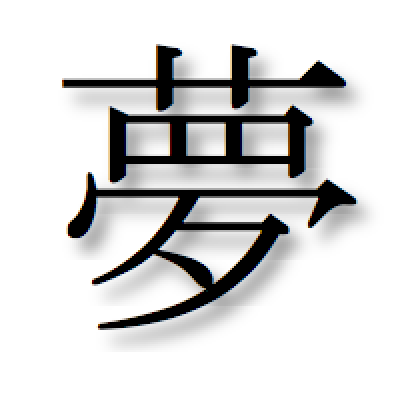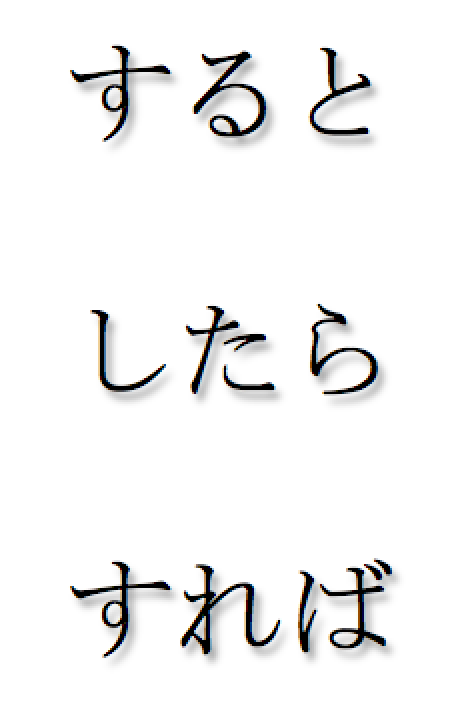Short quiz on Japanese particle usage: Correction
Thanks to all who have taken my first test on basic particle usage in Japanese. I was looking through it again and realized that question #7 had the wrong answer (I had は but it should be が). I had went over the test twice before publishing it, and not sure how that error got… Read More »


